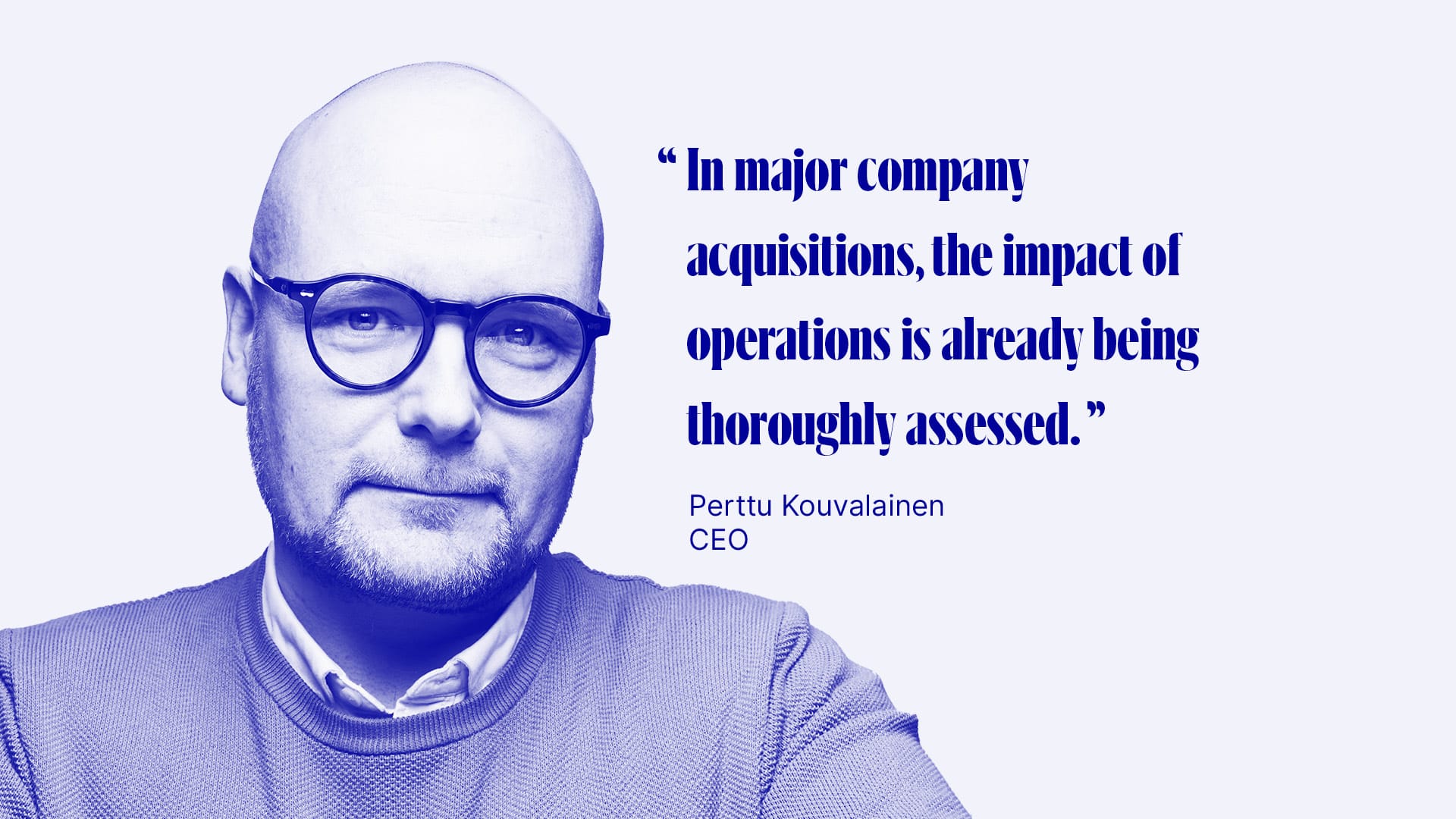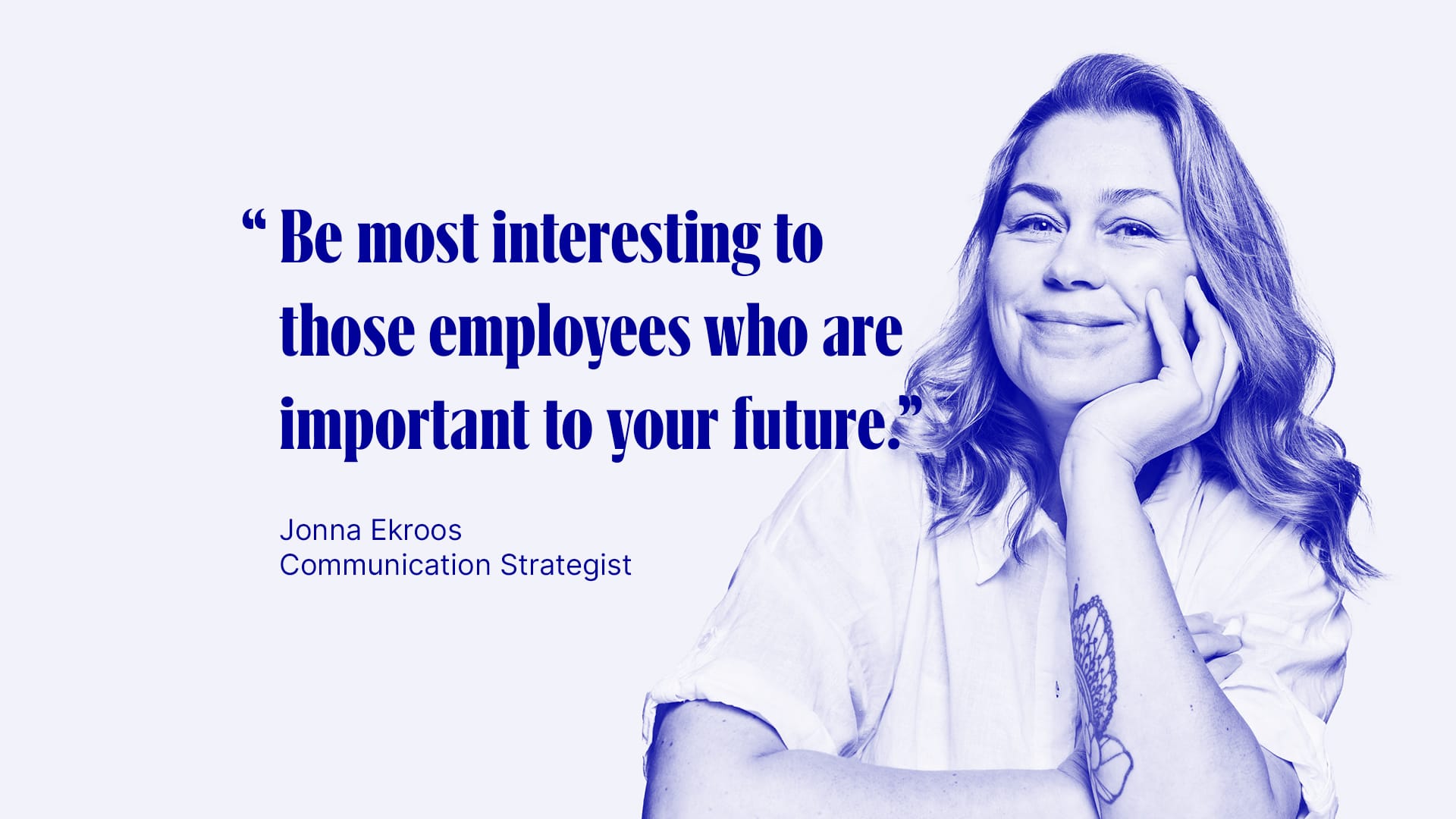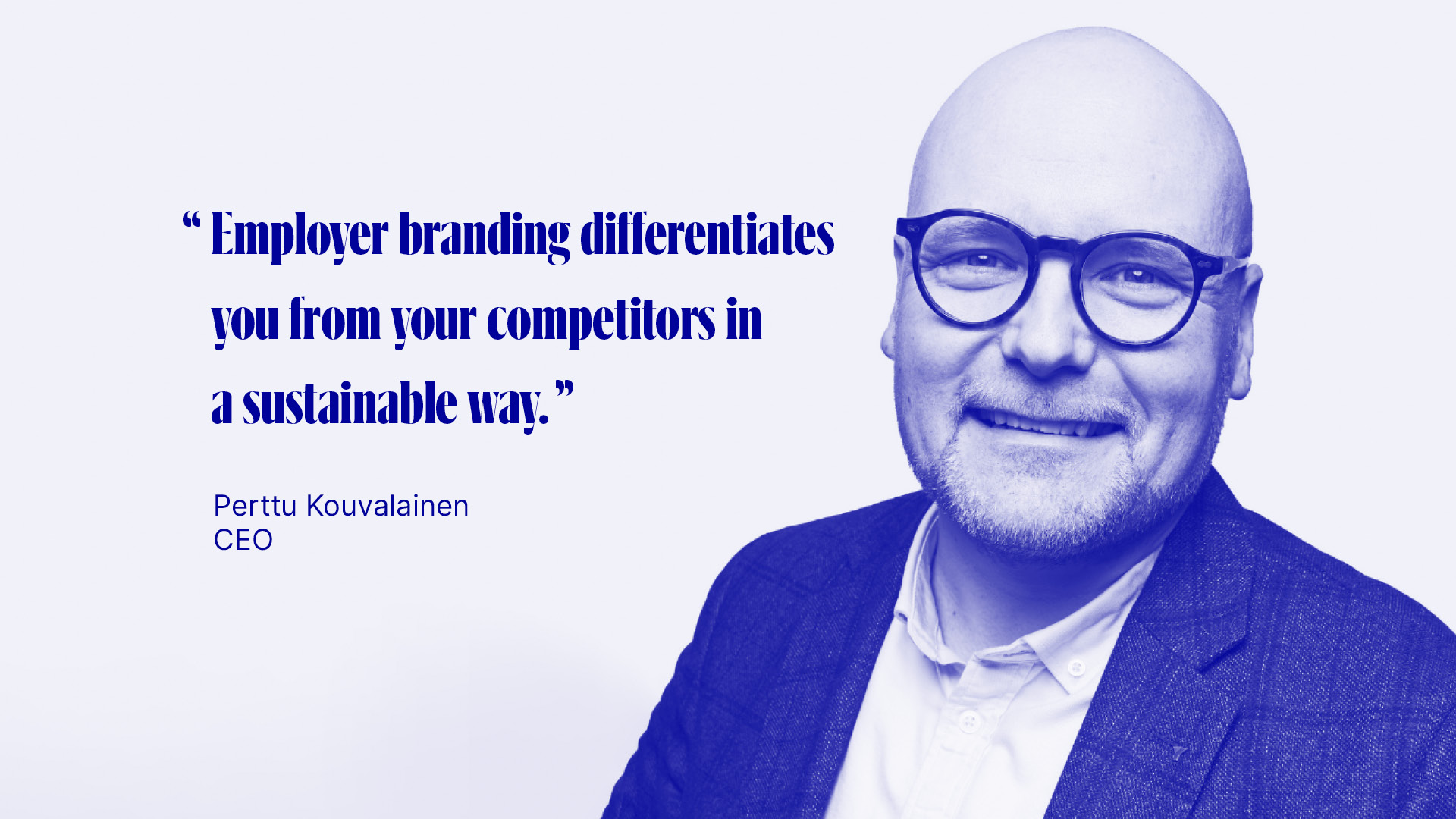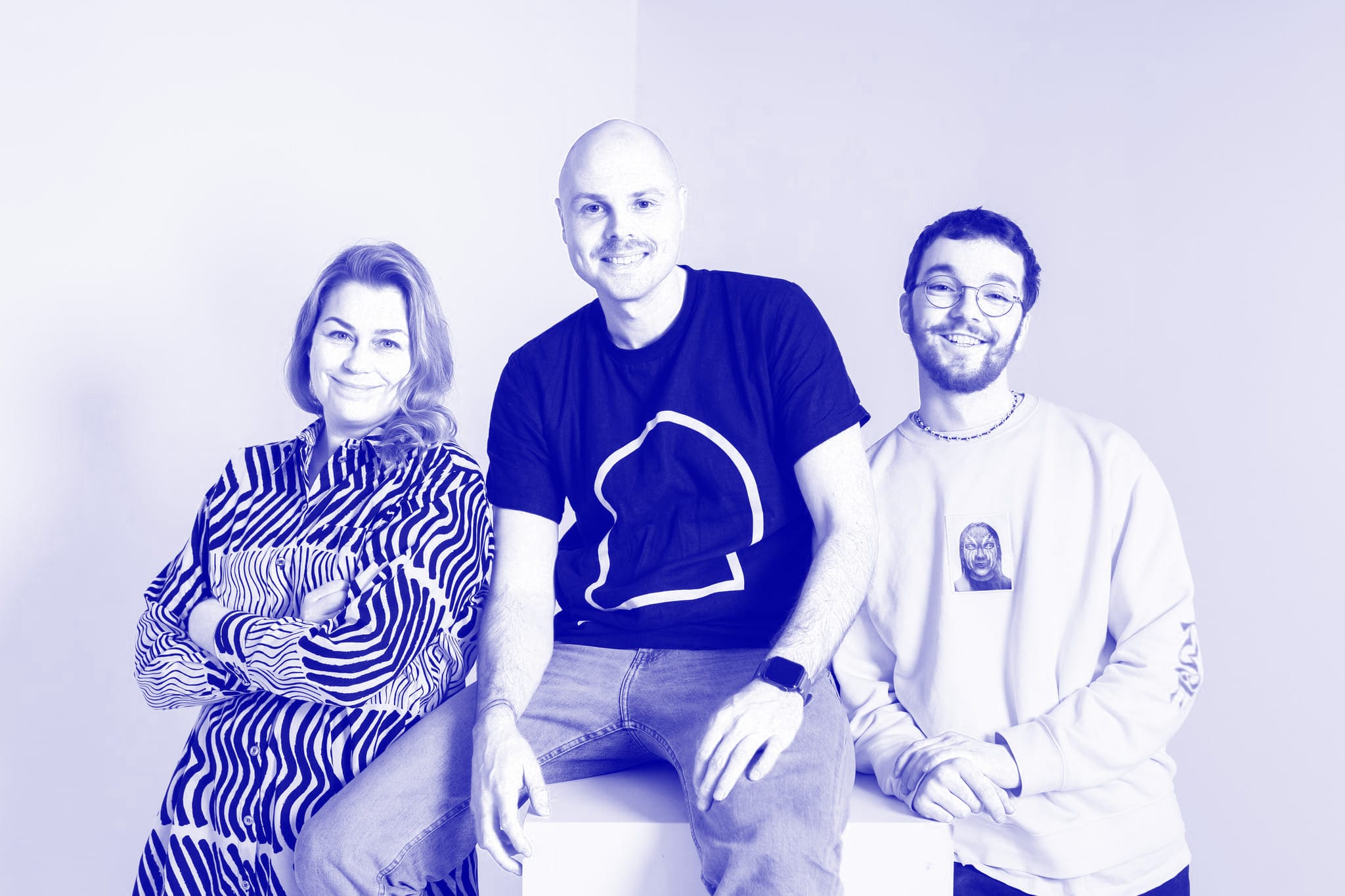Dear business leader and decision-maker, congratulations on the past year, you survived despite everything. Now is the time to take a break and reflect on your future choices, which could have a big impact for years to come. Because my Christmas present to you is this advice: 2024 is a good year to clean up your business for the long term.
Our own strategy has been three-pronged so far
1. Wake up – realising what is essential to your business
2. Grow up – increase your positive impact
3. Show up – inspire and gain a competitive advantage
Accountability work is about continuous learning and development, which is why this widely used strategy introduces a new phase between growing and showing up: the clean up.
In fact, cleaning is a term that pretty well represents the essence of responsibility. We need to look at what we do from a sustainability perspective: what is essential? What can we cut out? What can we recycle?
Clean Up can mean, for example, the following things in ESG topics
Environmental responsibility We aim to reduce our carbon footprint, improve resource efficiency and move towards more sustainable practices. For example, we can look at energy efficiency, waste management and recycling opportunities in our operations.
Social responsibility Providing health and wellbeing programmes such as stress management courses, healthy lifestyle support and mental wellbeing resources. For example, training and workshops on valuing diversity and inclusive working environments are good ways to show what is and isn’t part of company culture.
Good governance Assessing the ethics of the supply chain and ensuring that providers of goods or services comply with ethical standards and responsible practices. Developing ethical procurement criteria and working with suppliers who share the same ethical values.
Green claims There is also a cleaning theme: communicating responsibility. It’s a good time to check that your own green spaces are in order. The EU’s new Green Claims initiative aims to stamp out the use of unfounded environmental claims in marketing. And it’s in everyone’s interest that sustainability communication is truthful and guides consumers in the right direction.
Find out more about corporate responsibility.
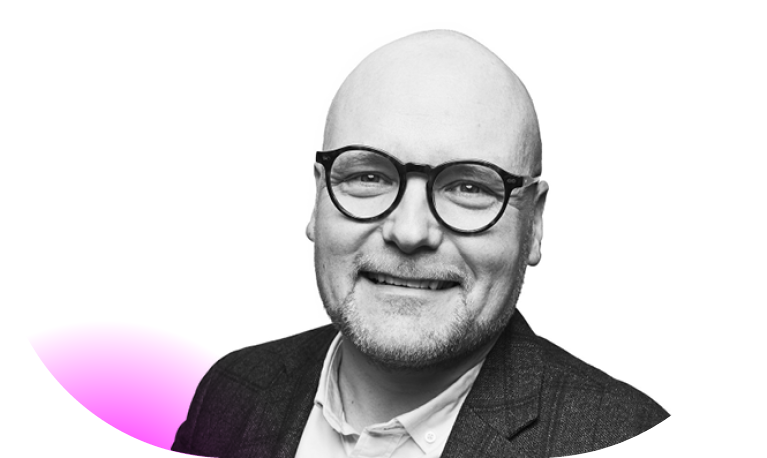
If you’re inspired, we’re happy to help. But before that, let’s take a relaxing break.
Best regards, Perttu Kouvalainen CEO

